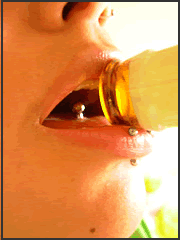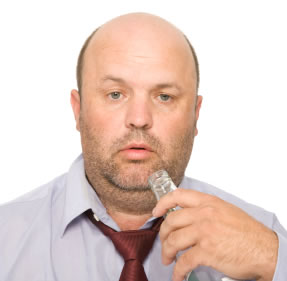Prospective memory is an important aspect of day-to-day memory function and is defined as the cognitive ability to remember to carry out an activity at some future point in time. Examples include remembering to attend an appointment at the dentist or to carry out a task such as remembering to pay a bill on time. [continue reading…]
July 2010
A study by a team of researchers at Bangor University has designed and tested two programmes that help problem drinkers curb their alcohol abuse. The study shows positive results after drinkers have followed either the Alcohol Attention-Control Training Programme (AACTP) or the Life Enhancement and Advancement Programme (LEAP). [continue reading…]
A new Brigham Young University study adds our social relationships to the “short list” of factors that predict a person’s odds of living or dying.
In the journal PLoS Medicine, BYU professors Julianne Holt-Lunstad and Timothy Smith report that social connections – friends, family, neighbors or colleagues – improve our odds of survival by 50 percent. Here is how low social interaction compares to more well-known risk factors:
- Equivalent to smoking 15 cigarettes a day
- Equivalent to being an alcoholic
- More harmful than not exercising
- Twice as harmful as obesity
“The idea that a lack of social relationships is a risk factor for death is still not widely recognized by health organizations and the public,” write the PLoS Medicine editors in a summary of the BYU study and why it was done. [continue reading…]



